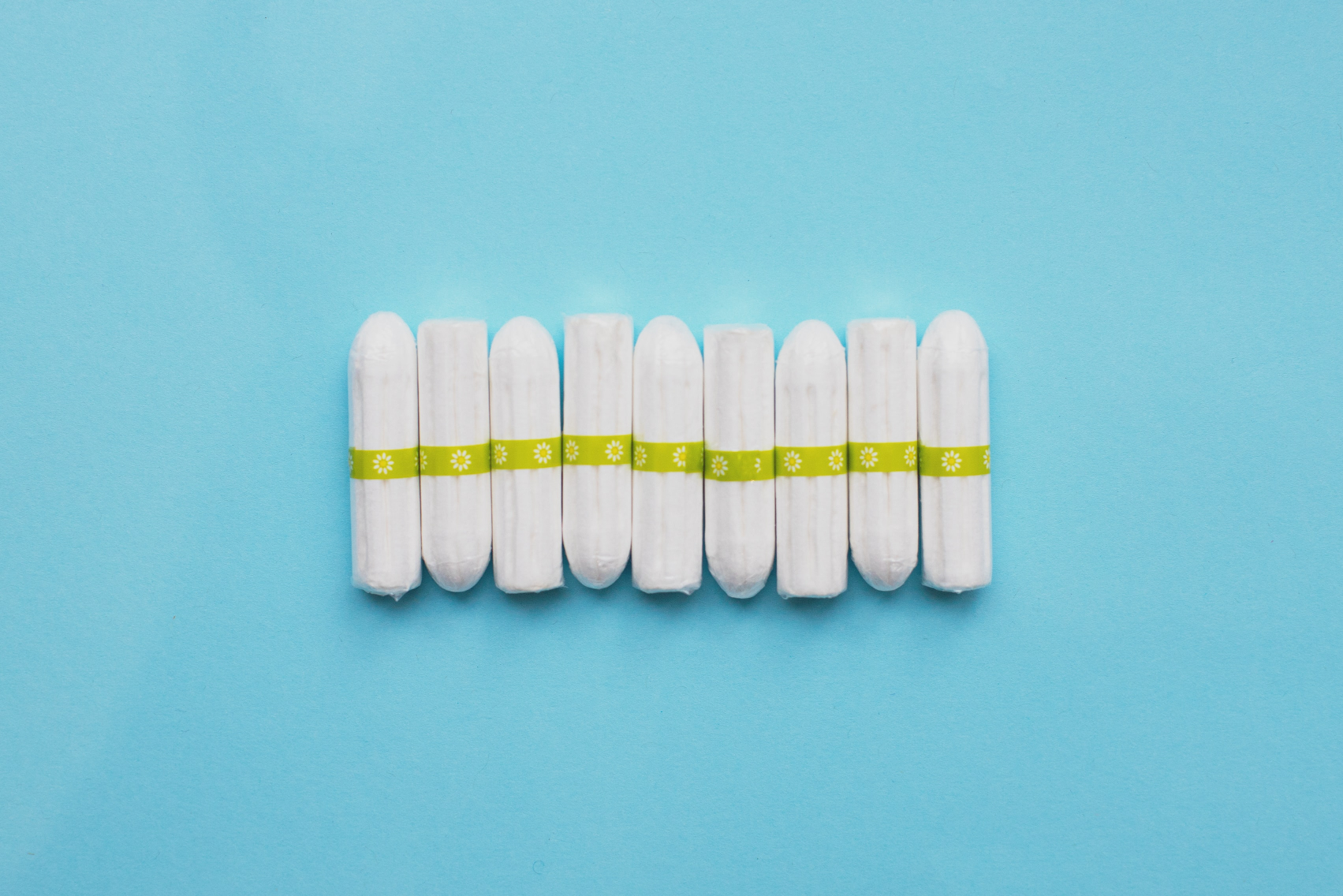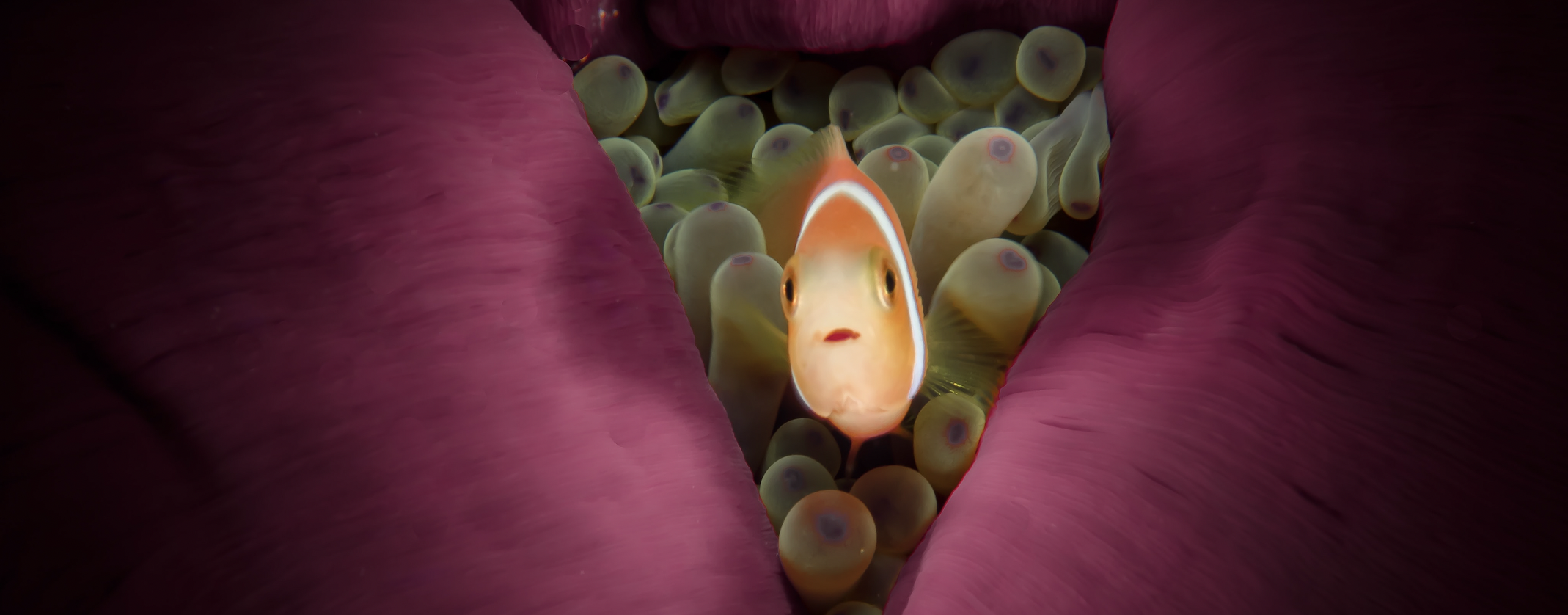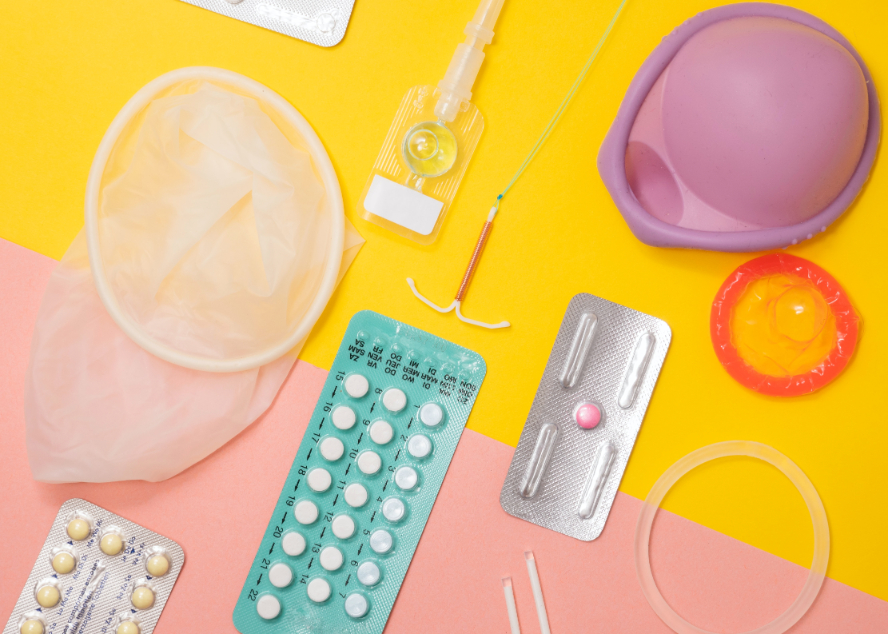

Knowledge|Male Fertility|Uncategorized
7 Facts About Male Fertility We Bet You Haven’t Heard
If you’re trying for a baby, you probably already know that smoking and obesity reduce fertility. But what if we venture into the slightly more obscure? In this article, we dug into the science on male fertility to bring you this list of 7 facts you may not have heard.
The oldest father had a baby at 96 years old!
While it’s true that sperm quality and therefore male fertility declines with age, it’s still technically possible for some men to father a child well into their senior years. News outlets report that a man named Ramjit Raghav, born in India in 1916, is the world’s oldest father. In an interview, Mr. Raghav said that he was able to have children at this age due to his lifelong vegetarianism.
Eating a lot of soy products can harm male fertility.
In recent years, scientists have been looking into the connection between fertility and our diets. Several studies have found a negative association between eating lots of soy and sperm quality. The researchers found that men who have a high quantity of soy in their diet have lower sperm counts. To learn how to boost sperm health naturally, check out our article How to Increase Male Fertility Through Your Diet.
1,500 sperm are produced per second.
Unlike women who are born with a set number of eggs in their ovaries, the testicles are constantly making more sperm: 1,500 every single second in fact! So in a day, a man is making around 129,600,000 new sperm. It takes an average of 64 days for a sperm cell to fully mature.
Daily sex may improve male fertility.
A study published by the European Society of Human Reproduction and Embryology (ESHRE) found that ejaculating every day for seven days can reduce sperm DNA damage, and thus improve male fertility. Prior to these findings, there was no evidence-based agreement among fertility specialists on if a man should avoid sex or masturbation for a couple of days before trying to conceive. This research found that after ejaculating every day for seven days, there was an average 12% decrease in sperm DNA damage. Doctors believe this to be because sperm cells were in the testicles and epididymis for a shorter time, limiting exposure to oxygen molecules which can damage sperm cells.
Sperm can survive for up to five days in the female reproductive tract.
In the right conditions, sperm can live inside the female body for almost one week! That’s why it’s still possible to get pregnant if you have sex while on your period, if you happen to have a shorter cycle and ovulate towards the beginning of your cycle. So if you’re not trying to get pregnant, be sure to always use a reliable method of birth control, no matter when in your cycle you “do it”.
Sleep apnea increases the risk of male infertility.
Sleep apnea is a condition where breathing repeatedly stops and starts during sleep which can lead to loud snoring and tiredness during the day. It can have a number of serious health consequences including hypertension, stroke, diabetes, and heart trouble. More recently, researchers discovered in a 2021 study that it may also be directly linked to lower male fertility. Findings show an association between obstructive sleep apnea and lower testosterone levels, decreased sperm production, and lower sperm quality in general.
A poor sense of smell is a symptom of infertility.
Kallmann syndrome is a condition that comes from when a part of the brain called the hypothalamus doesn’t produce enough sex hormones. It can cause a loss of or impaired sense of smell, a “micropenis”, and undescended testicles. Without treatment, most men (and women) with Kallmann syndrome can’t have biological children.
At LEVY, we’re passionate about sharing the hottest fertility news and busting myths. Check out our blog if you’re interested in learning more!
Sources:
10 Oldest Fathers in the World. Oldest.org. Accessed 22 June 2022.
How a Man Produces 1,500 Sperm a Second. National Geographic. Accessed 22 June 2022.
European Society of Human Reproduction and Embryology (ESHRE): Daily Sex Helps Reduce Sperm DNA Damage And Improve Fertility. ScienceDaily. 2009.
Jhaung YH, M.D. et al.: Association of Obstructive Sleep Apnea With the Risk of Male Infertility in Taiwan. JAMA Netw Open. 2021;4(1):e2031846.
Kallmann syndrome. MedlinePlus from the National Library of Medicine. Accessed 24 June 2022.
How long do sperm live after ejaculation? Mayo Clinic. Accessed 24 June 2022.
Chavarro JE et al.: Soy food and isoflavone intake in relation to semen quality parameters among men from an infertility clinic. Hum Reprod. 2008;23(11):2584-90.
Glenn L et al.: Sperm Biology from Production to Ejaculation. In book: Unexplained Infertility, Part II: Pathophysiology, Evaluation and Treatment (pp.29-42). Ch. 5, Springer. New York.
Sleep Apnea. Cleveland Clinic. Accessed 24 June 2022.
You might also like...

Female hormones: What you need to know about reproductive hormones, the menstrual cycle, and fertility
When you’re struggling with fertility, one of the first places to look is your hormones. Certain vital reproductive hormones are in charge...
Silvia Hecher
January 17, 2024

Fertility blood test: Why does it need to be cycle days 2-5?
When you test your fertility with LEVY, you will always check your basic reproductive hormone levels (including FSH, LH, TSH, Prolactin, Estradiol,...
Lena
September 8, 2022

Forms of amenorrhea and fertility
Not getting your period is a condition called amenorrhea. It’s important for fertility because not having a menstrual cycle with monthly ovulation...
Lena
January 18, 2022

6 Interesting Facts About Ovaries You Might Not Know
Women have two ovaries which are located on either side of the uterus. They’re around 3-5 cm long – about the size...
Kayla
April 20, 2022

What to expect when testing your fertility with LEVY
If you’ve been trying to conceive for a while, it’s totally normal to feel frustrated. Why hasn’t it happened for you yet,...
Kayla
February 3, 2022

Your Complete Guide to Birth Control Options and Fertility
If you’ve been using birth control for a while, you may be wondering how it can impact your fertility now that you...
Kayla
February 21, 2022

Fertility Foods for Women to Help You Get Pregnant Faster
How you nourish your body is key not only when you have a baby in your belly, but also to help prepare...
Kayla
March 22, 2022

What your AMH levels can tell you about fertility
FSH, LH, estrogen, progesterone… If you’re struggling to have a baby, you’re probably becoming an expert on all things hormones. AMH is...
Lena
August 25, 2022

Why Vitamin D matters for fertility
Vitamin D is a very important nutrient to keep our bodies healthy and working as they should. But did you know that...
Kayla
January 18, 2022




